Filing for bankruptcy is often shrouded in stigma and negativity, but the truth is that it can be a powerful tool for getting your finances back on track. When filing for bankruptcy, a person can reduce or eliminate their serious debt, allowing them to make strides toward rebuilding their financial life. At LSS Law, our experienced attorneys believe in empowering people to make informed decisions about their finances.
In this blog, we aim to shed light on the benefits of filing for bankruptcy and how it can be the best financial decision you’ll ever make, depending on your unique situation. Read on to be surprised and inspired!
Filing For Bankruptcy Might Be The Best Choice You’ve Ever Made

When people declare bankruptcy, they may feel like they have failed. However, filing for bankruptcy can actually be one of the best choices a person can make. Here’s why:
Filing for bankruptcy can give you a fresh start. Although your credit reports will show the date of your bankruptcy filing followed by your debt relief (accounts that have been discharged and others that are on a repayment plan) you can start rebuilding your credit right away. Consider it a clean slate that you will rebuild upon.
Credit Card Debt Is More Common Than You Think
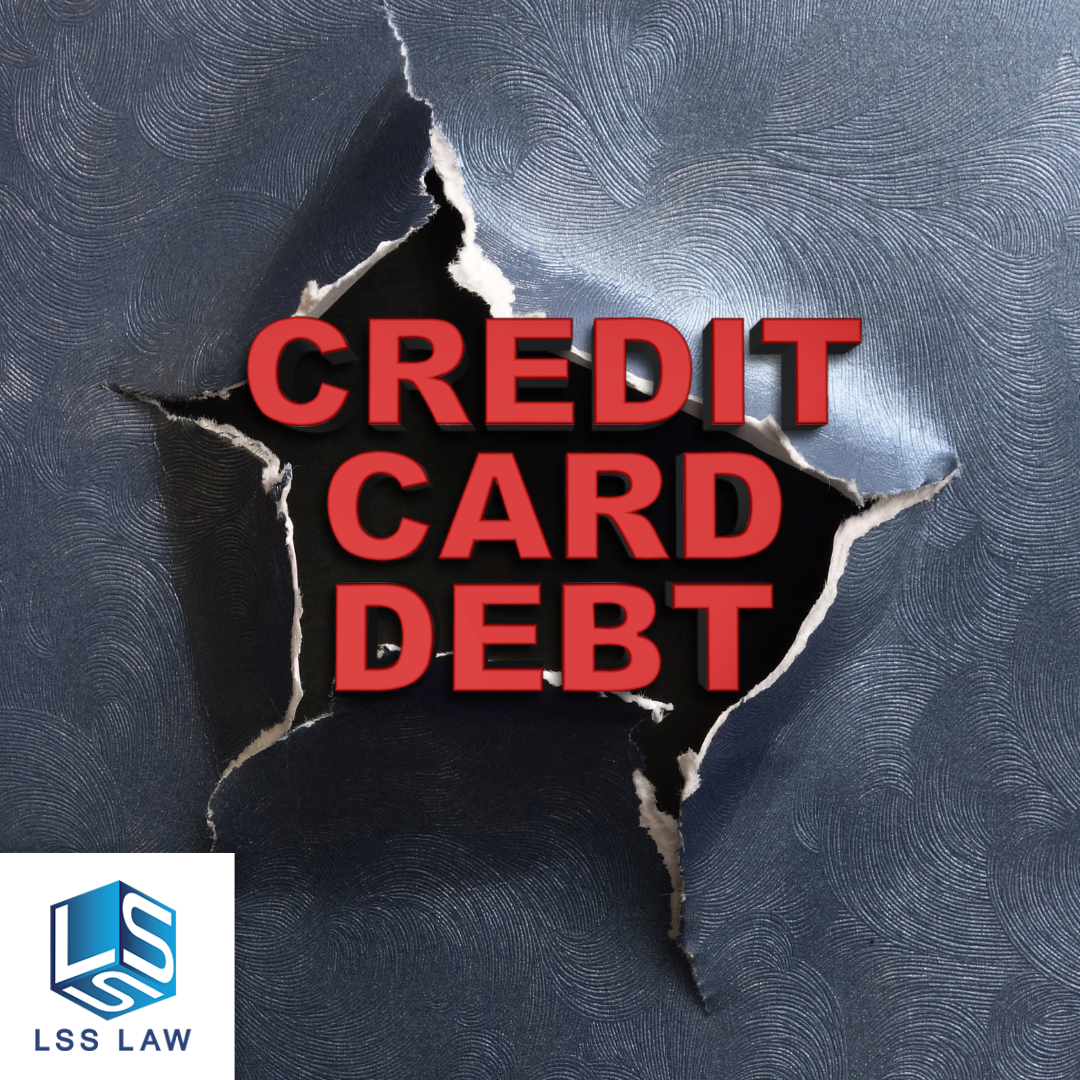
Debt is a common issue that many people struggle with. In fact, it’s more common than you might think. A study recently found that 1 in 3 Americans have some form of debt that they are struggling to pay off.
Credit card debt is a common factor that contributes to bankruptcy. People may use credit cards to make ends meet, pay medical bills, or finance a lifestyle they can’t afford. Over time, high interest rates and compounding fees can cause credit card balances to balloon, leading to overwhelming debt.
However, filing for bankruptcy can be a very daunting process and it’s not right for everyone. If you’re struggling with debt, it’s important to talk to a financial advisor to see if bankruptcy is the right option for you.
With the Right Help, Your Bankruptcy Filing Will Be Smooth & Successful!
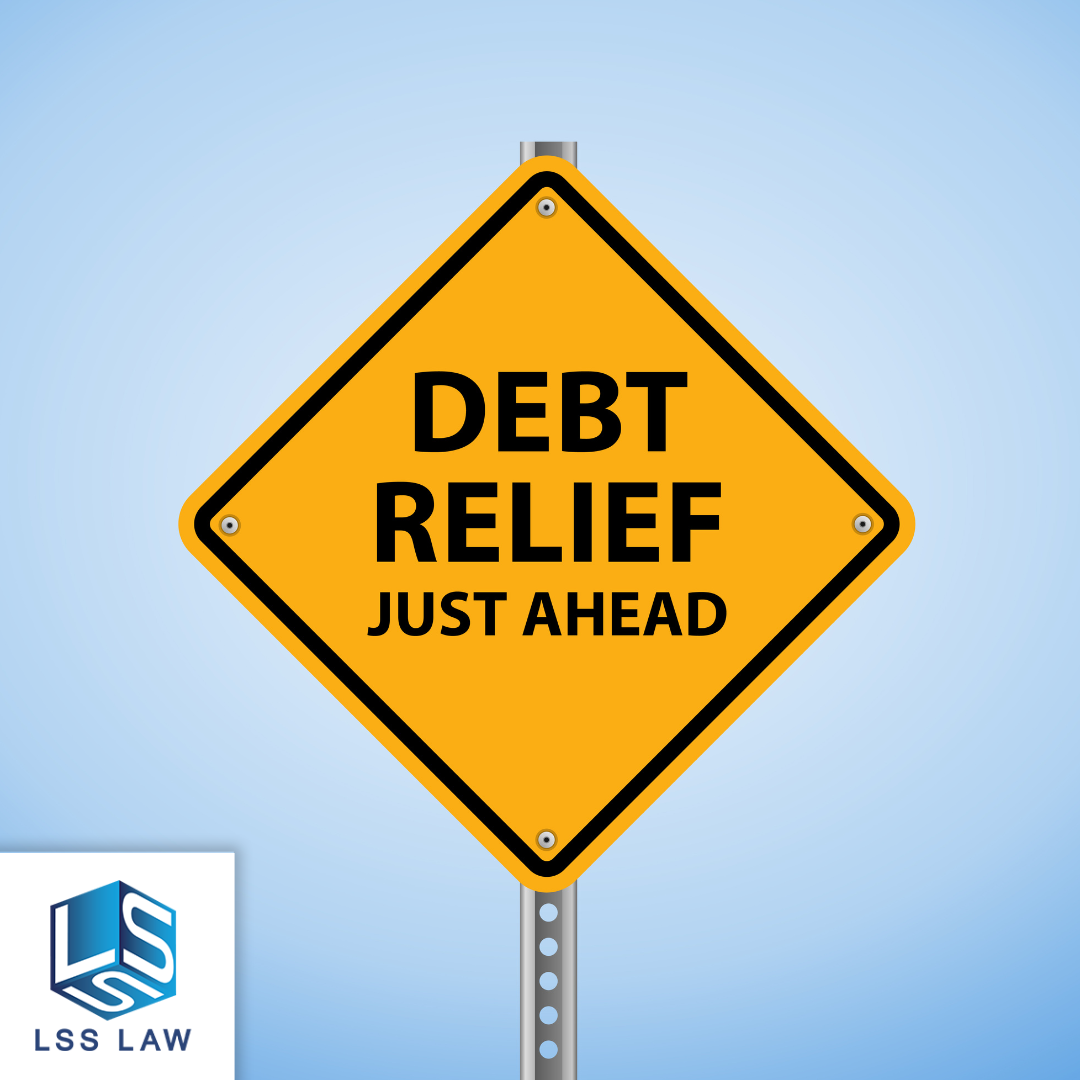
The bankruptcy code provides for different types of bankruptcies and it’s important to choose the right one for your situation. With the help of an experienced bankruptcy attorney, you can be sure to choose the right one and develop a good strategy so that your bankruptcy filing is smooth and successful.
Once you’ve filed for bankruptcy, your outstanding debt will be discharged and you’ll be able to start fresh. This bankruptcy discharge usually happens within a few months of filing. Even though your bankruptcy will stay on your credit report for up to ten years, you can rebuild your credit and get back on track financially.
Bankruptcy Court Is Not As Scary As You Think
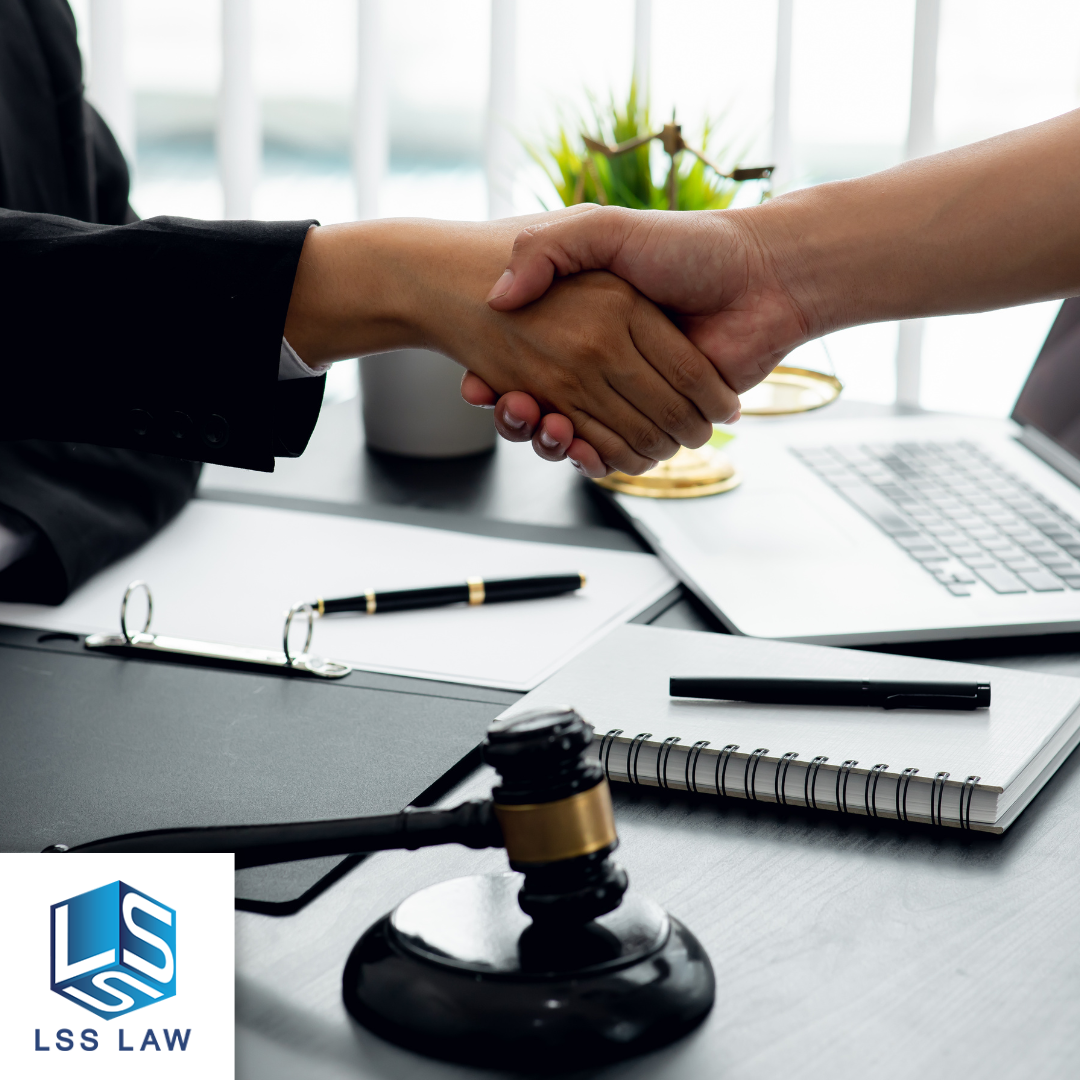
When most people think of bankruptcy court, they imagine debtors being interrogated by aggressive creditors. However, the reality is quite different. In most cases, debtors will never even need to step foot in a courtroom. Instead, they will work with a bankruptcy trustee to develop a repayment plan. This plan typically involves the debtor making regular payments to the trustee, who will then distribute the funds to creditors.
In some cases, debtors may also be required to surrender some of their assets, such as personal loans, bank accounts, or a second vehicle. However, the court will generally protect items needed to hold down a household and job. As a result, the bankruptcy court is not nearly as scary as most people think.
What Are the Advantages of Filing for Bankruptcy?
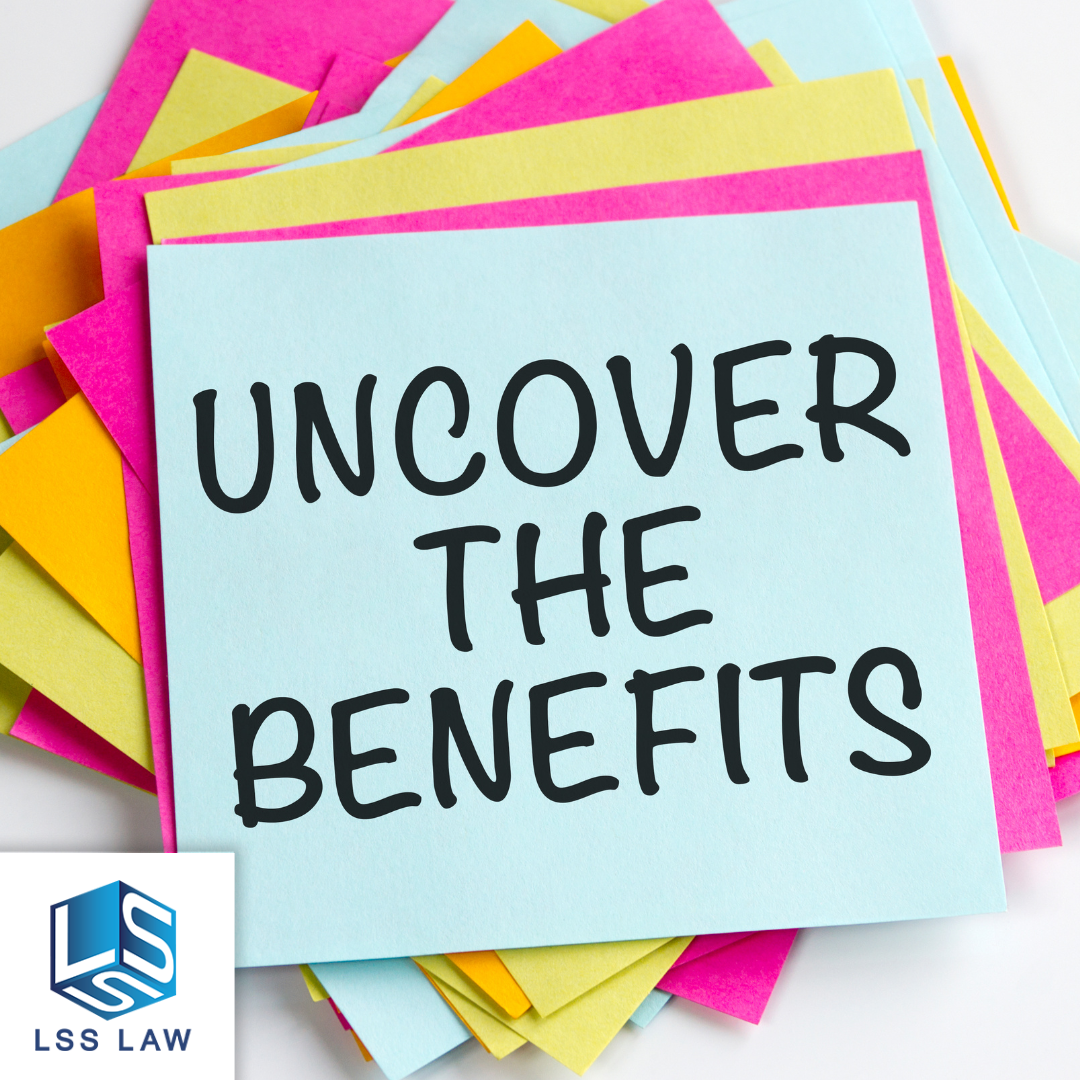
With the help of a qualified professional, filing for bankruptcy can offer debtors the chance to finally pay debts—in full—and move on with their lives with fewer financial burdens.
You Can Start a Payment Plan That Works For You
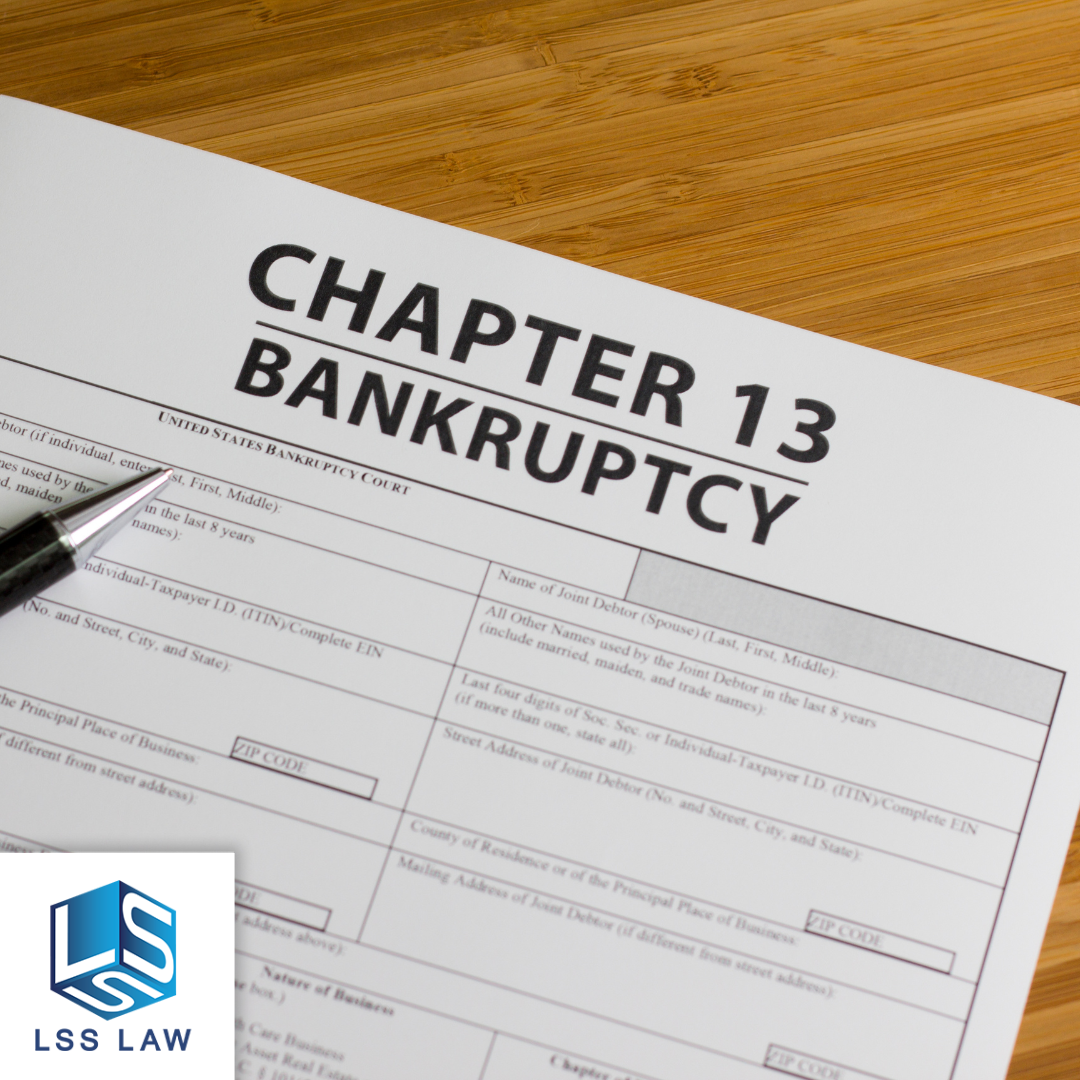
During the early phase of Chapter 13 bankruptcy, you will have the opportunity to propose a debt repayment plan. This plan will require you to pay your creditors in installments over three to five years, with a single monthly payment. A payment plan can help alleviate much of the stress and worry, as the payments will be far more manageable than owing all of your creditors at once.
The proposed payment plan will have to be confirmed by the court and an experienced bankruptcy attorney can help you prepare and present a plan that has the best chance of being approved.
It’s Likely That You Will Keep Your Assets
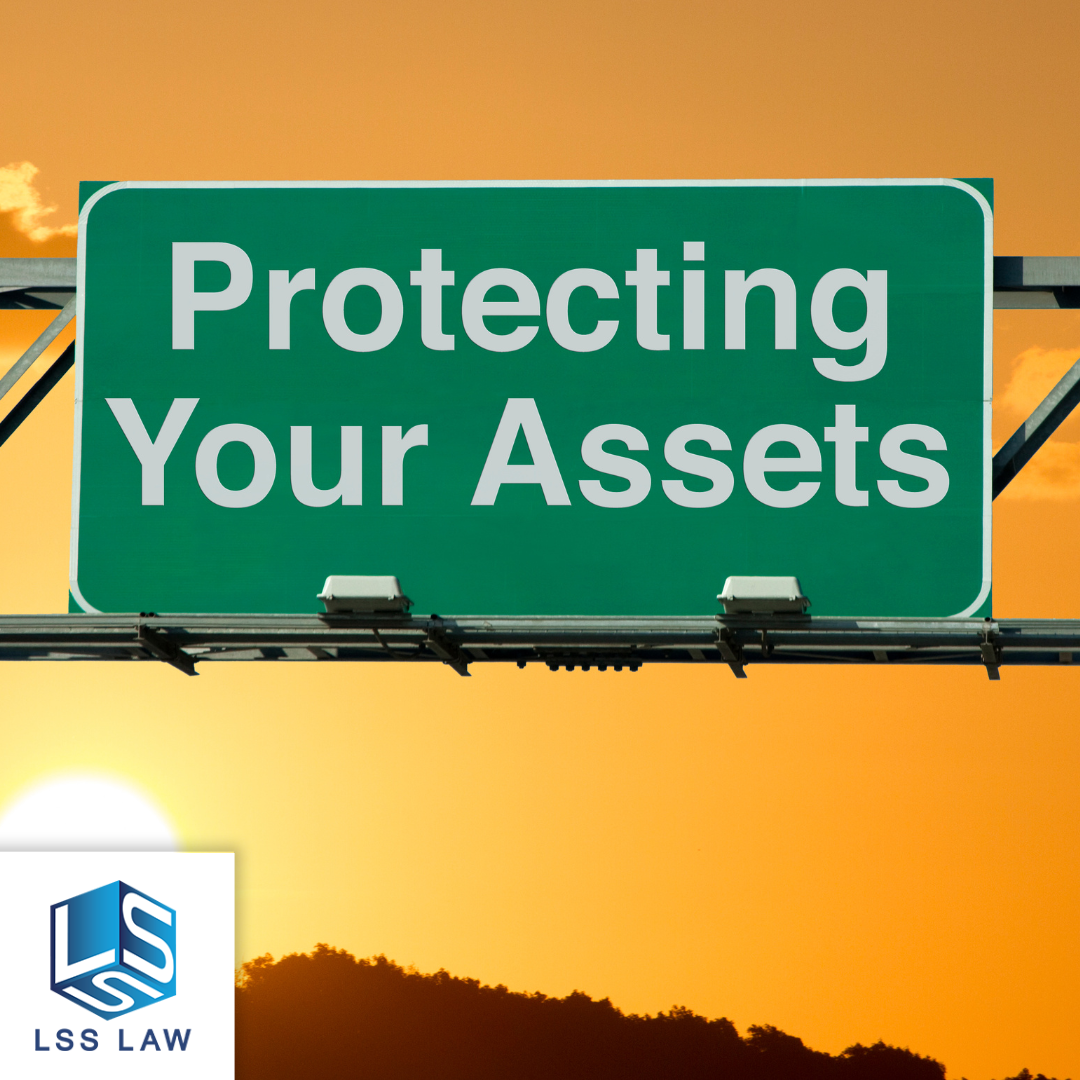
In most bankruptcy cases, you will likely be able to keep your assets. Exceptions to property liquidation vary by state, but commonly protected assets include a certain amount of equity in a home, personal belongings such as clothing and household goods, and retirement accounts.
You Are Immediately Granted an Automatic Stay
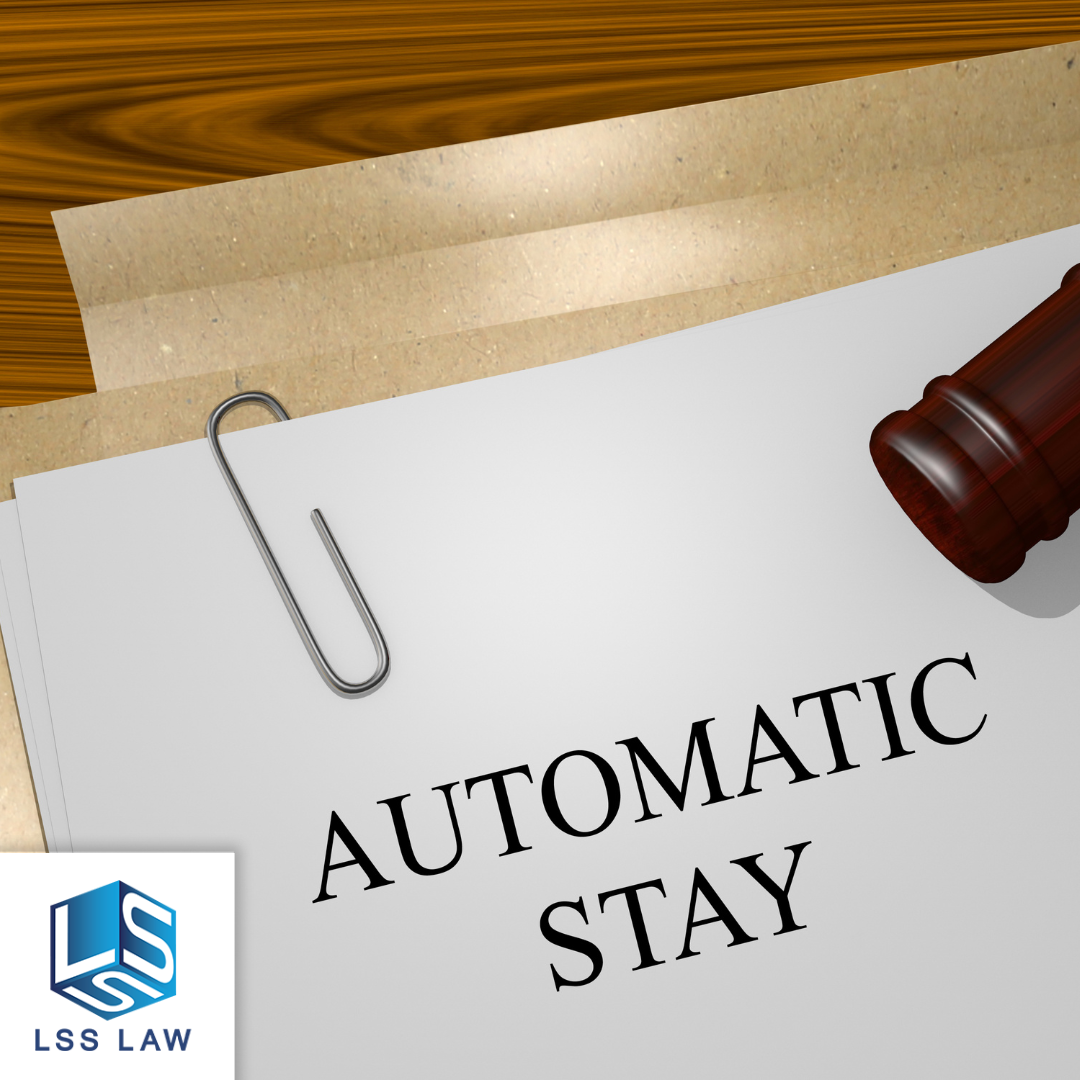
A very helpful part of the bankruptcy process is the “automatic stay.” The automatic stay is triggered by the filing of the bankruptcy petition and it prohibits most creditors from taking any further action to collect a debt from a debtor, giving them a temporary reprieve and time to reorganize their finances.
This provision gives much-needed relief to many individuals, allowing them to focus on improving their financial situation.
Bankruptcy Can Provide You with a Fresh Start
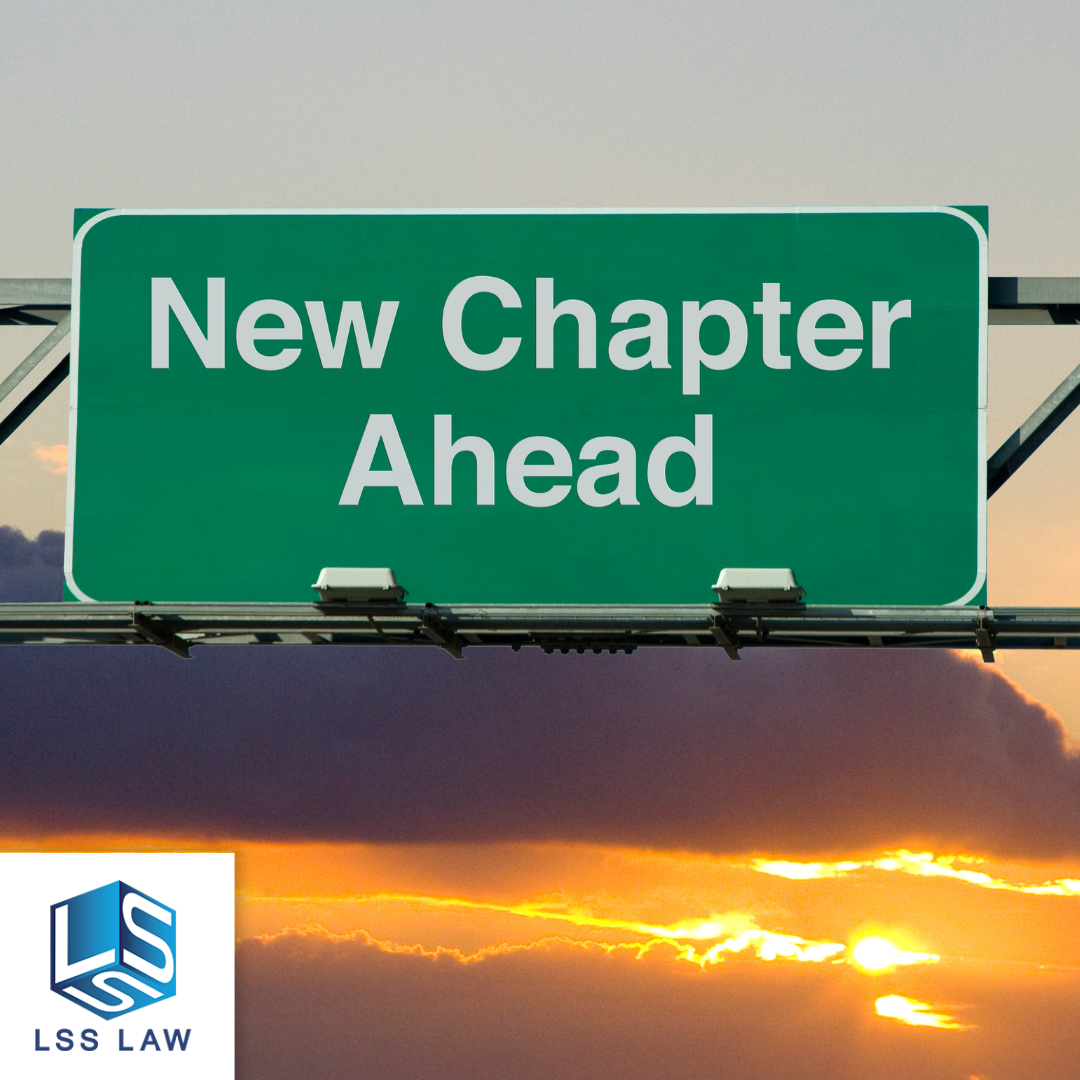
When bankruptcy is successful, it gives individuals or businesses the opportunity to start over financially – providing a fresh start in life without the burden of excessive debt.
All people who file for bankruptcy must get credit counseling, and the strategies they learn can help them gain control of their finances and can be used even after the debt is paid off.
No More Risk of Legal Action (Being Sued or Garnishments)
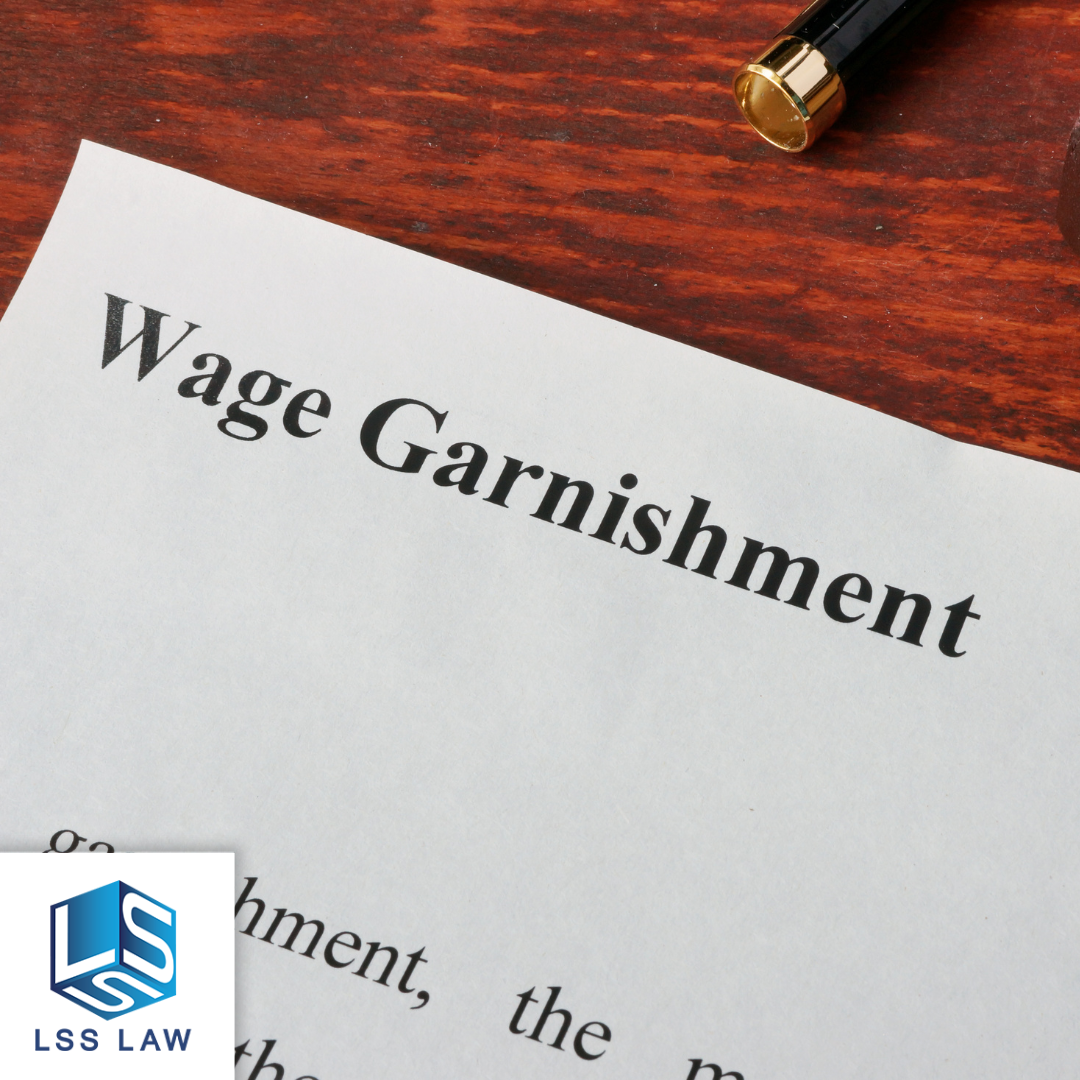
When a person declares bankruptcy, they are no longer vulnerable to legal action from unsecured creditors (creditors who do not require collateral). The court cannot pursue a lawsuit for default on a loan and any ongoing legal action will be put on hold. This provides peace of mind for those worried about being sued or having their wages garnished.
You Can Still Get Loans
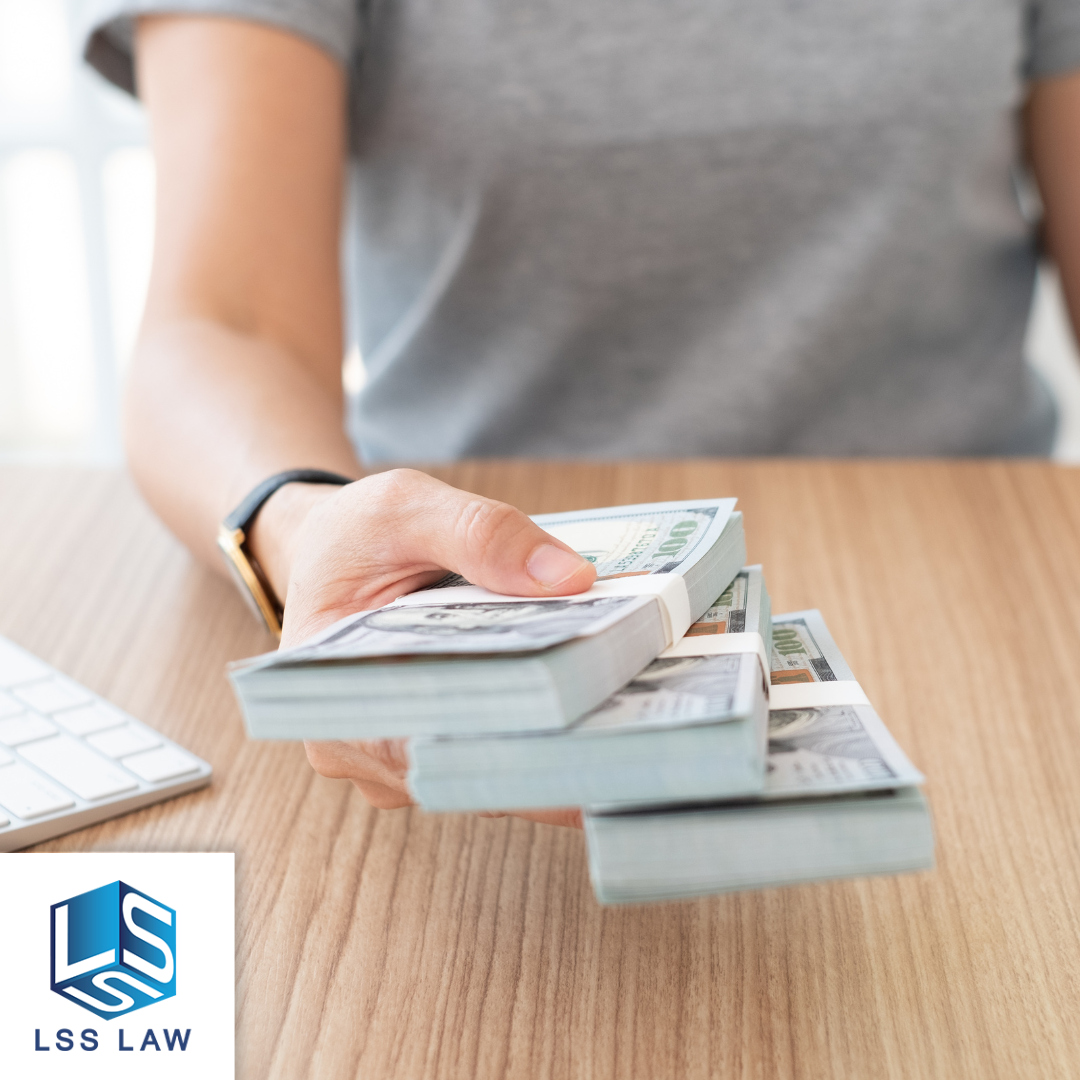
Even if you have bankruptcy on your credit report, you might still be approved for a loan. Lenders understand that life events can lead to financial challenges and they may consider you for a loan based on your current financial standing. However, you might not be able to secure it at the lowest interest rate.
Five Signs That You Should Consider Declaring Bankruptcy

Declaring bankruptcy can be a powerful tool for those facing financial difficulties. If you’re feeling overwhelmed by debt, it’s important to know that there are options available to help you regain control of your finances. This section will highlight five key signs that suggest bankruptcy may be the right choice for a brighter financial future.
Reason 1: You’re at Risk of Losing Your Home
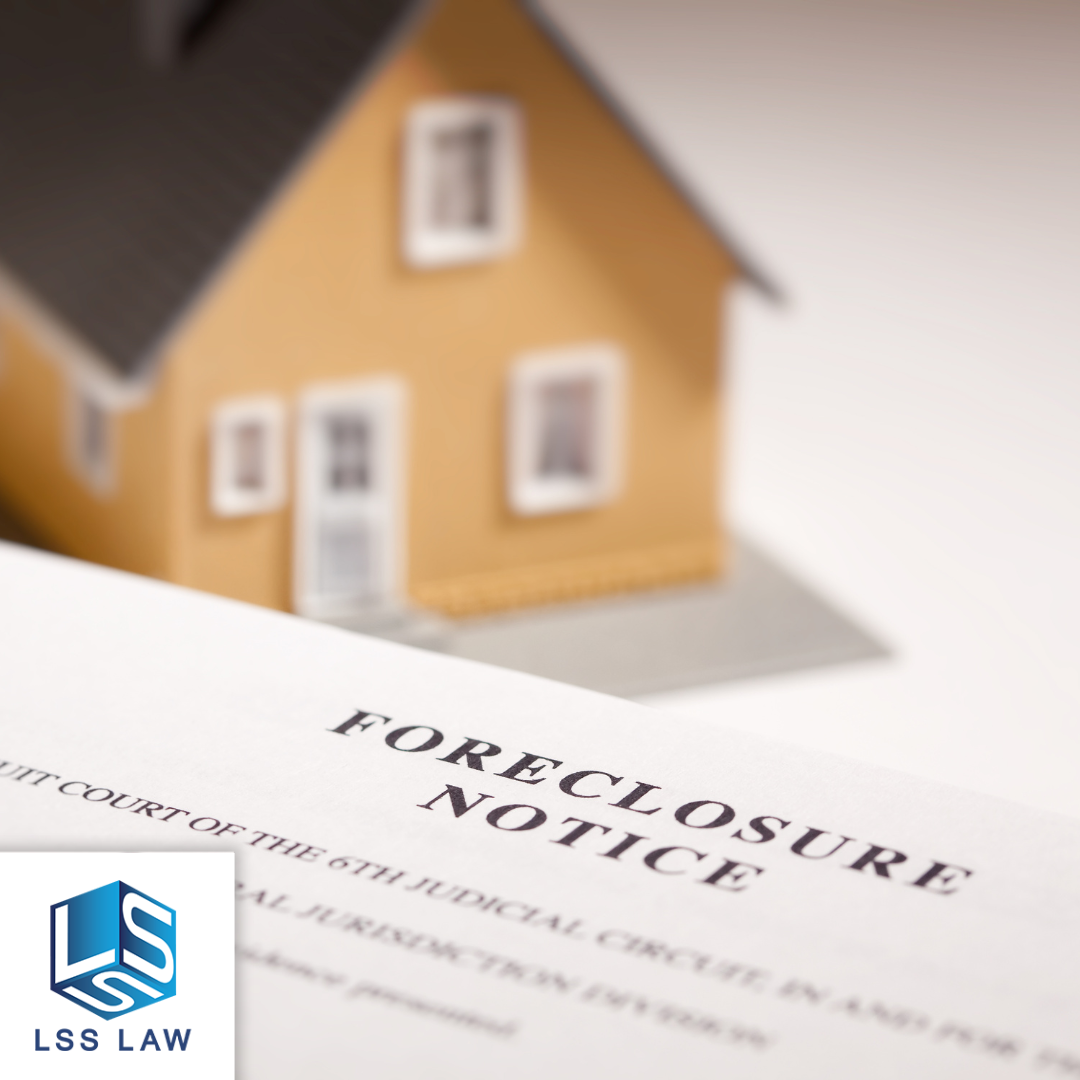
Bankruptcy can prevent foreclosure and protect your home.
Chapter 13 bankruptcy is designed to help you keep your home and you can file for Chapter 13 even if you are not current on your mortgage payments. The lender may cooperate or they may file to have the payment plan modified. However, it is in their best interest to come to a resolution. It should be noted that in Florida there are generous Homestead Exemption bankruptcy laws that can allow someone to keep their home, even in a Chapter 7 Bankruptcy.
Reason 2: You Have Retirement Savings That You Need to Protect
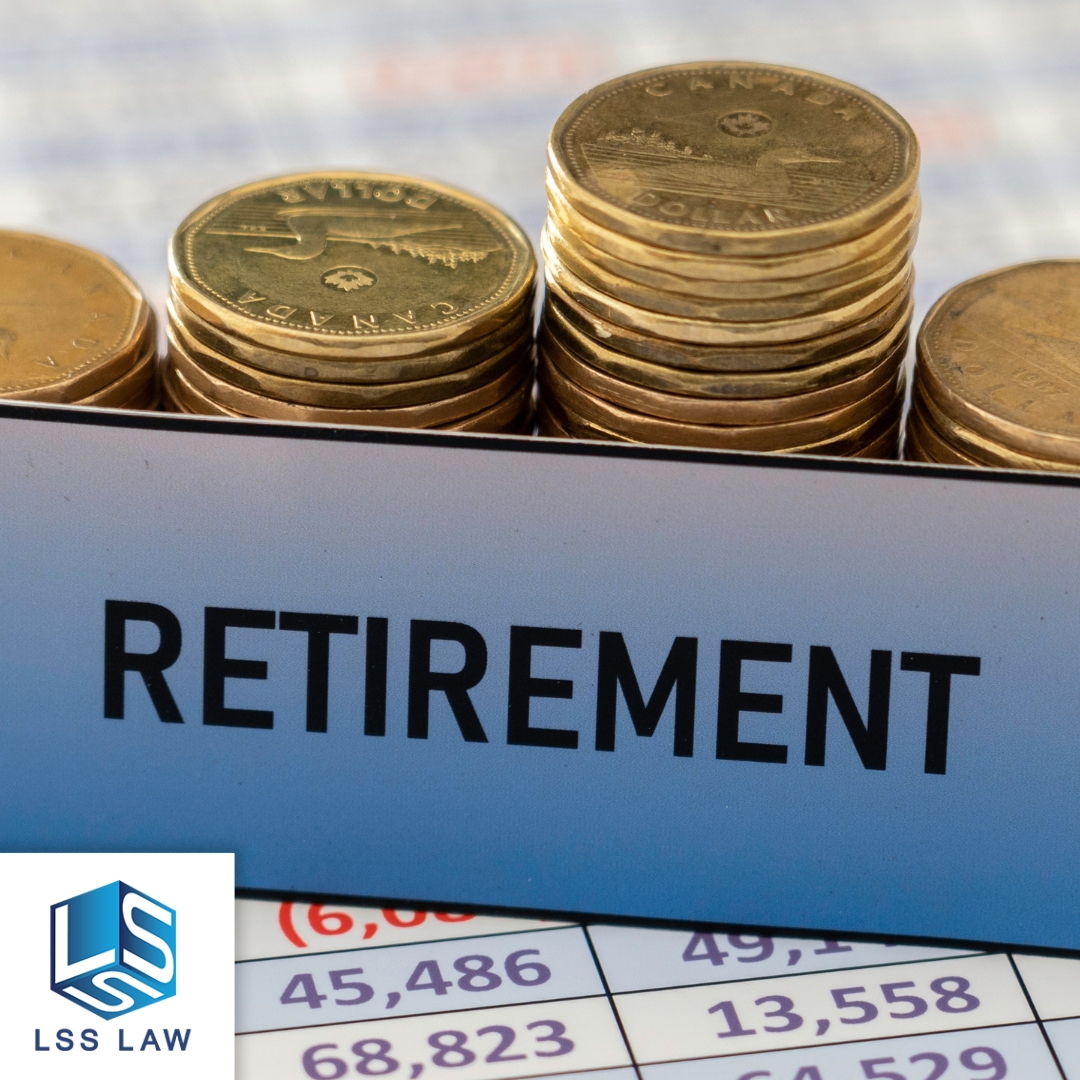
When you have retirement savings, the last thing you want is for it all to be taken away in bankruptcy. However, filing for bankruptcy does not necessarily mean that you will lose your retirement savings.
Certain types of retirement accounts are protected from creditors during the bankruptcy process. These accounts will remain intact throughout the filing process and can still be used for their intended purpose — to provide funds for your retirement goals. In addition to protecting your retirement accounts, bankruptcy should reduce some of the debt that could be draining them and threatening your financial security.
It is always advisable to consult with a qualified legal professional who can discuss with you the specifics of how filing a bankruptcy case might help protect your retirement savings.
Reason 3: You’ve Experienced a Serious Life Event
Filing for bankruptcy can be a viable solution for those facing financial hardship after a traumatic experience.
Life events such as medical emergencies, job loss, divorce, or the death of a loved one can all put a significant financial strain on people, sometimes leading to bankruptcy. These events frequently result in unexpected expenses, lost income, and a reduced ability to pay bills. In some cases, people may use credit cards or loans to pay for these events, exacerbating the problem.
With the help of a bankruptcy lawyer, you can gain a deeper understanding of the bankruptcy process and make an informed decision that fits your unique circumstances. Regaining financial stability is possible by filing bankruptcy.
Reason 4: You Can’t Pay Bills and They are Stacking Up
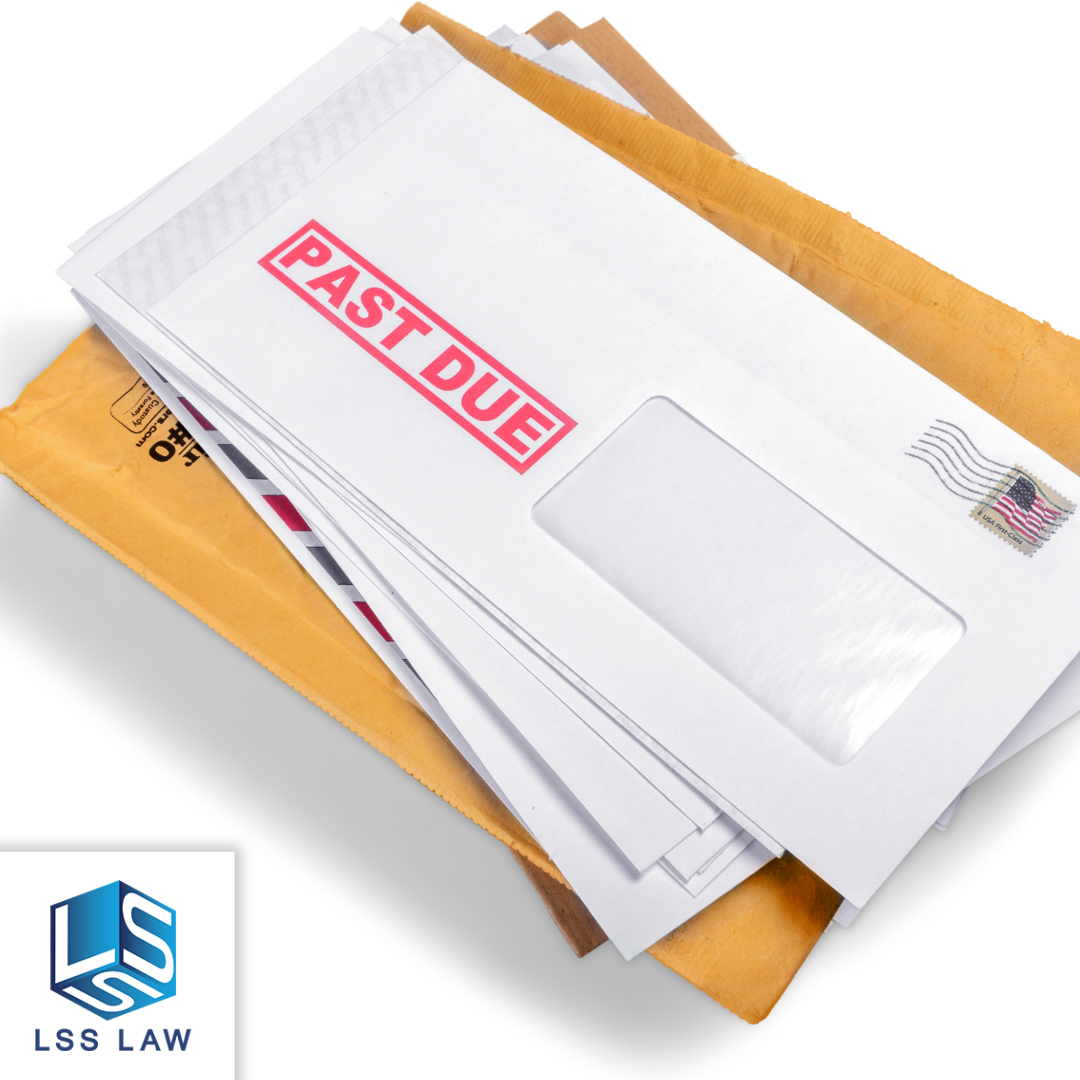
Falling behind or missing bill payments leads to late fees, poor credit scores, and ultimately to more debt. The longer the payments are missed, the more the debt will increase, making it harder to catch up and pay off. At some point, you might want to have a consultation with a bankruptcy lawyer to learn about your options.
By working with a bankruptcy lawyer, you can explore your options and make a well-informed decision about what’s best for your situation. With the right guidance and support, you can soon be on your way to a more stable financial future.
Reason 5: Nothing Else Has Worked
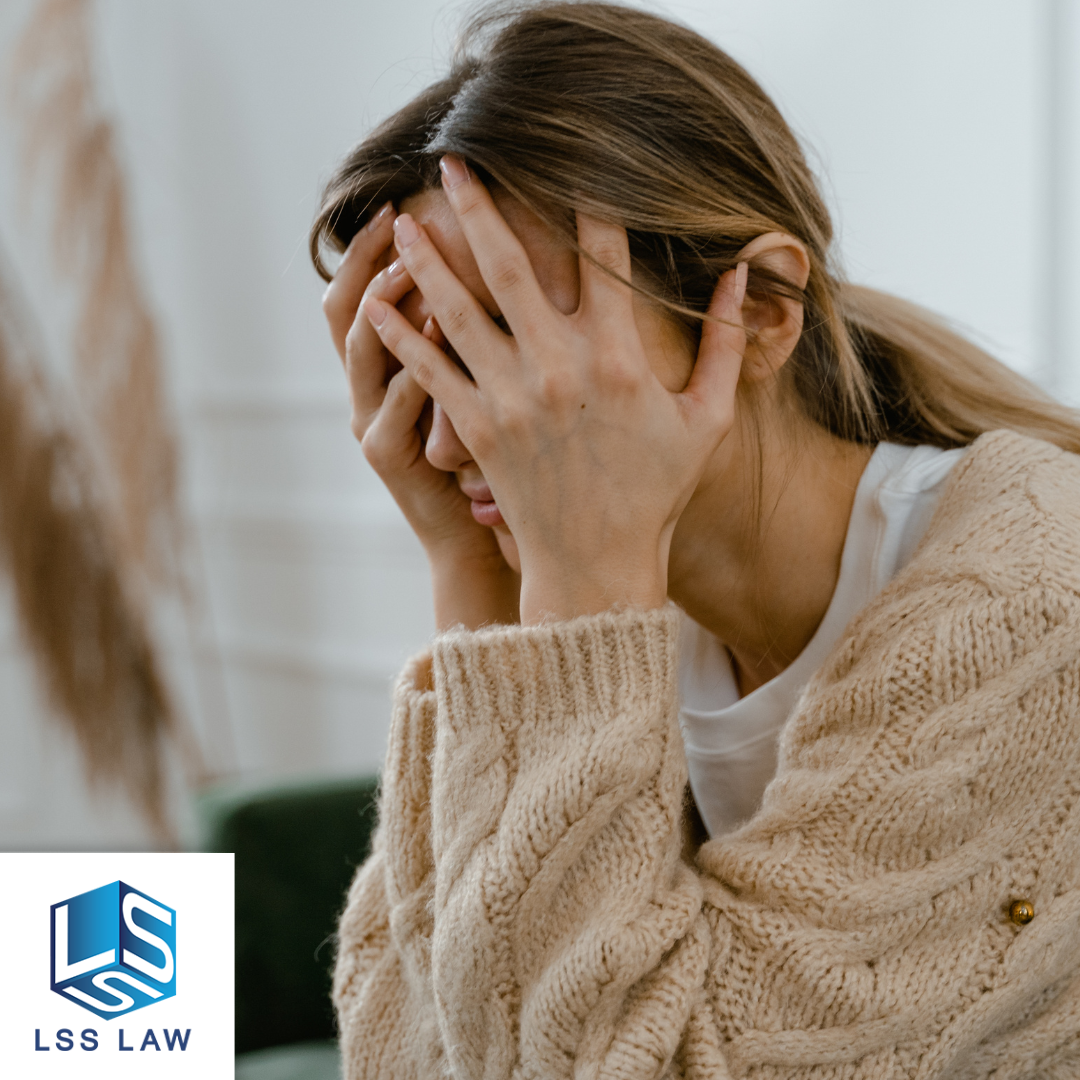
If your current debts exceed the maximum of what you can afford and other options such as debt relief, debt consolidation, and working with a credit counselor haven’t helped, bankruptcy may be the way to start fresh. Bankruptcy is an option for those who have reached a point where the amount of their debt exceeds their ability to pay it off, or is uncollectible. If this describes your situation and nothing else has worked, bankruptcy could be the best option for you to get back on track.
LSS Law Offers No-Cost Bankruptcy Strategy Sessions – Call Us
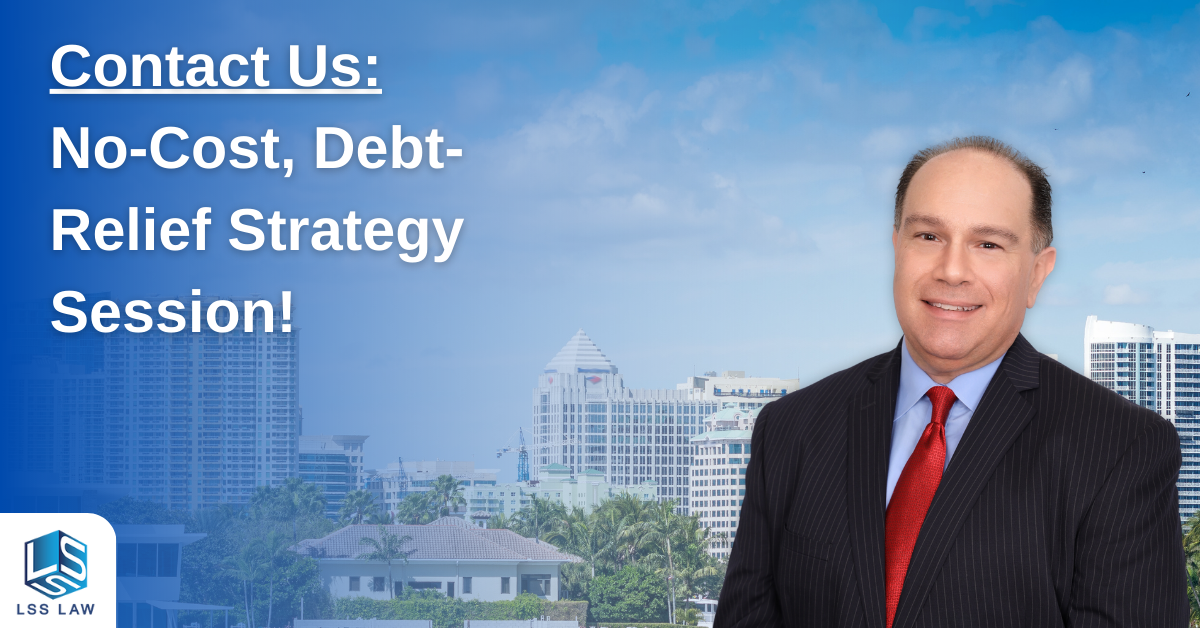
At LSS Law, we are committed to helping people who are facing financial difficulty. We understand that navigating a complicated financial situation can be overwhelming and confusing, and we want to help our clients by providing a no-cost bankruptcy strategy session. During this session, our experienced bankruptcy law experts will review your unique financial situation and develop a plan for your financial future. In addition to discussing strategies for debt relief, we can also provide advice on how to build positive credit going forward.
If you’re interested in learning more about how the professionals at LSS Law can help you get back on track, call us today at 954-466-0541 or visit lss.law/contact to schedule a no-cost bankruptcy Strategy Session.
Is Filing Bankruptcy Bad? Your Questions Answered
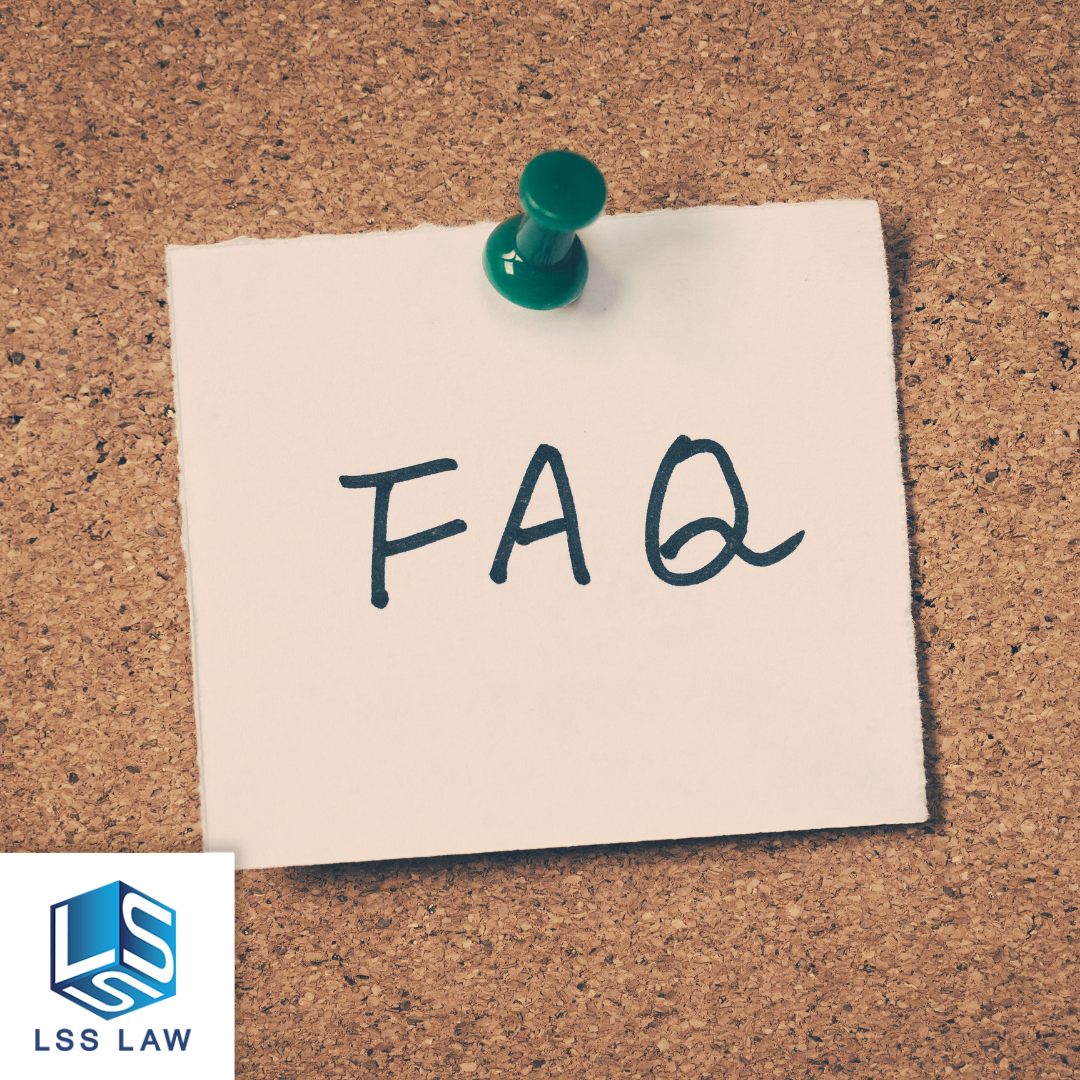
Bankruptcy can be a complex and confusing process, so it’s no wonder that there are so many questions about it. Here are some of the most commonly asked questions about bankruptcy:
Can I get credit after bankruptcy?
Yes, you can get credit after bankruptcy. In fact, many people are able to get credit cards and car loans immediately after filing for bankruptcy. It might be hard to get a low interest rate, so you should shop around and compare. Also, be sure to improve your spending habits to avoid falling into the credit trap once again.
What happens to child support payments in bankruptcy?
When filing for bankruptcy, child support payments must be paid in full, as they are a priority debt and not dischargeable. The court will require ongoing payments to fulfill these obligations, even if other debts are discharged through bankruptcy. It is important to note that child support must be taken seriously and any failure to make the necessary payments can result in serious legal action.
What happens to my car loan in bankruptcy?
The outcome of a car loan in bankruptcy depends on the type of bankruptcy and the individual circumstances. In a Chapter 7 bankruptcy, the individual’s assets may be sold to pay their creditors, however, this is not always the case.
In a Chapter 13 bankruptcy, the individual is typically allowed to keep their assets, including their car, but they must continue making payments on their car loan according to their Chapter 13 repayment plan.
What is a repayment plan?
In a Chapter 13 bankruptcy filing, individuals with regular income can submit a repayment plan to the bankruptcy court for approval. This repayment plan is designed to allow individuals to keep their assets while repaying their debts over a period of 3 to 5 years. The payments are distributed by a bankruptcy trustee to creditors according to the terms of the plan, with the ultimate goal of obtaining a discharge of remaining debts at the end of the repayment period. While this option offers debtors the chance to keep their assets, it is important that they make all required payments on time in order for their repayment plan to be successful.
How do I qualify for bankruptcy?
To qualify for bankruptcy, you must pass a means test to prove that your income is below the median income for your state and you must complete credit counseling from an approved agency prior to filing. Additionally, you must also show that you have attempted to repay your debts or that you are unable to do so.
How does bankruptcy affect your credit?
Bankruptcy can have a significant impact on your credit score and stay on your credit report for up to 10 years. However, it can also provide immediate relief from debt and give you the opportunity to rebuild your credit over time with responsible financial habits.
Is a lawyer necessary to file for bankruptcy?
While it is not mandatory to have a lawyer when filing for bankruptcy, it is highly recommended as the bankruptcy process can be complicated and there are potential risks involved. Having a bankruptcy lawyer to guide you through the process and ensure that all legal requirements are met can help avoid mistakes, provide peace of mind, and increase your chances of a successful outcome.
Can I discharge student loan debt when I file bankruptcy?
Discharging student loan debt in bankruptcy is difficult and rare, as student loans are generally not dischargeable unless the borrower can prove undue hardship. It is highly recommended to consult with a bankruptcy lawyer to assess your individual circumstances and determine the best course of action.
How do I stop the creditor harassment?
Filing for bankruptcy puts an automatic stay in place, which means debt collectors must stop their harassment, including phone calls and wage garnishments. Additionally, hiring a bankruptcy lawyer can help protect your rights and ensure debt collector compliance with the automatic stay.
Can my business file bankruptcy?
Yes, businesses can file for bankruptcy under Chapter 7 or Chapter 11, but it’s different from consumer bankruptcy. In consumer bankruptcy, individuals can file for debt relief, while in business bankruptcy, companies can reorganize or liquidate their assets to pay off debt.






